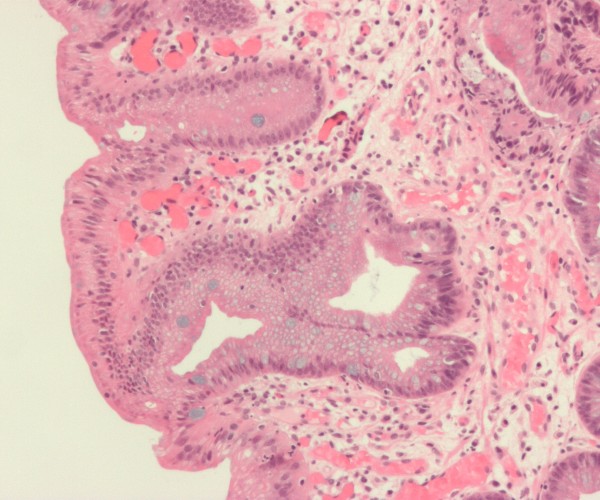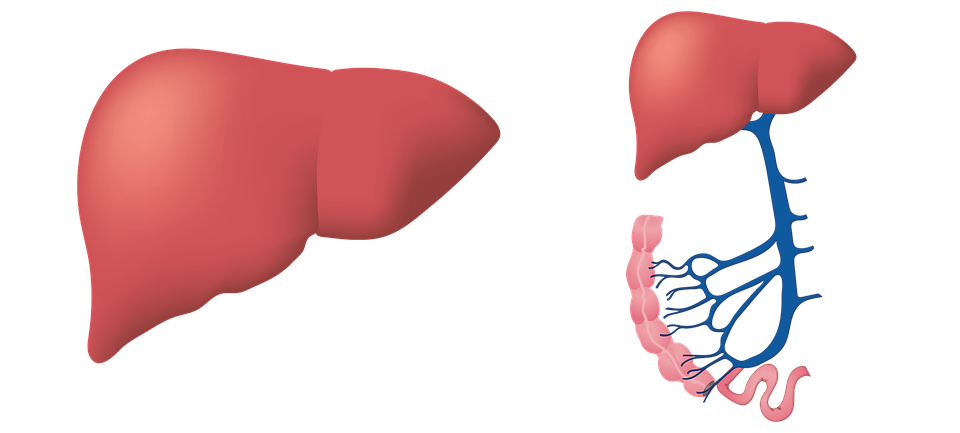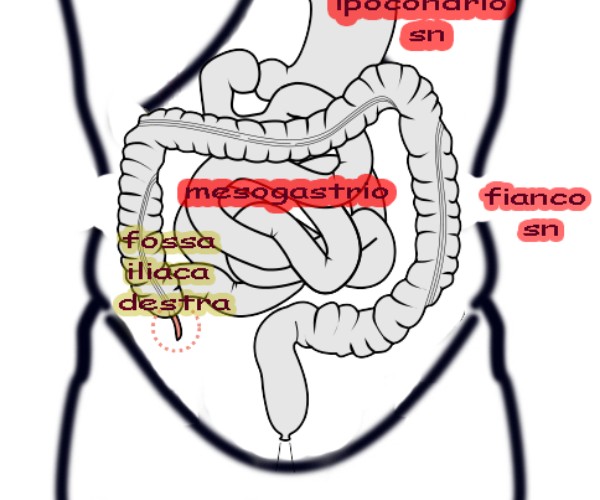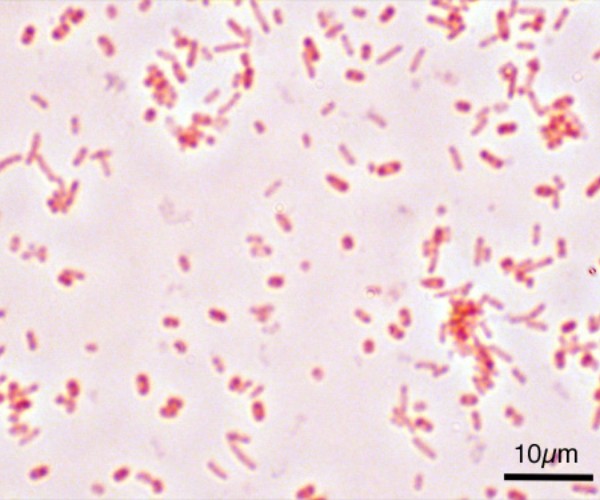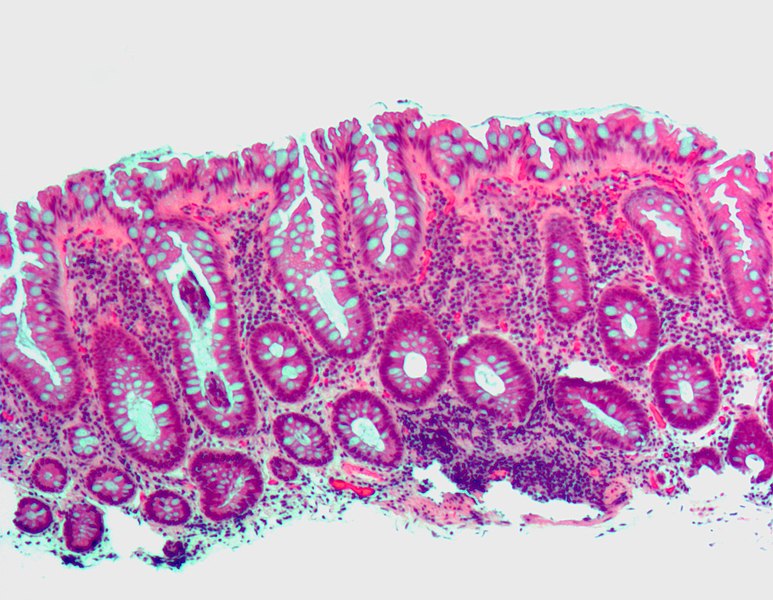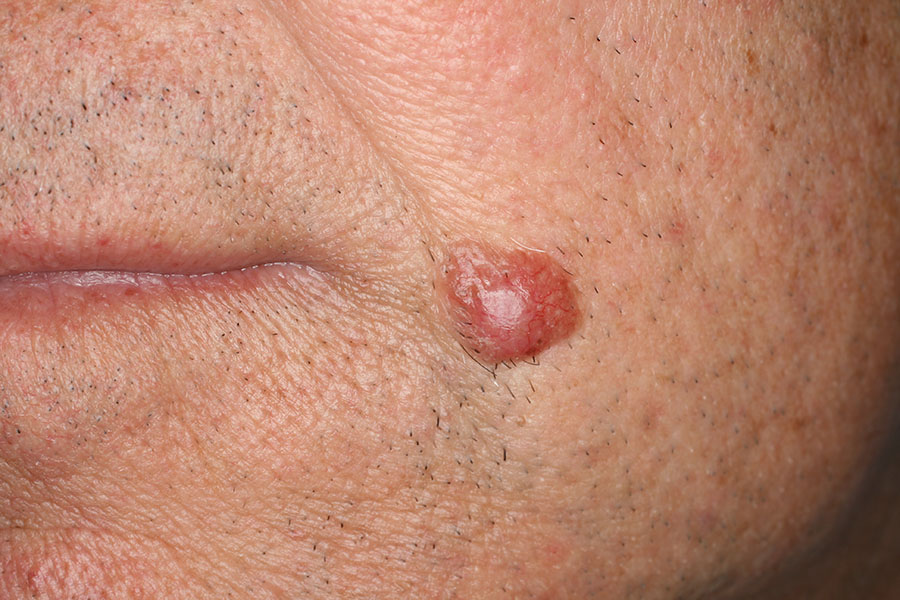A new international study, published in The Lancet and carried out on truly huge and significant numbers, assessed the impact of diet on disease-particularly cancer, cardiovascular disease, and diabetes-and mortality between 1990 and 2017 and offers an in-depth look at the various “risk” foods consumed in 195 countries around the world. “While sugars and fats have been the focus of debates over the past two decades,” said Christopher Murray of the University of Washington. Our research suggests that the main dietary risk factors are high sodium intake and low intake of healthy foods, such as whole grains, fruits, vegetables, nuts and seeds.”
In other words: what you do not eat is just as important to your overall health as the harmful foods you consume.
The countries with the highest rates of food-related deaths, in that order, were Uzbekistan (892 deaths per 100,000 people) and Afghanistan, while the lowest related mortality was in Israel (89 deaths per 100,000 people), France, Spain and Japan.
The study found that diets high in salt are among the leading contributors to diet-related deaths, followed by deficient intake of whole grains and insufficient intake of fruits and vegetables.
In particular, low intake of whole grains has been evaluated as a major dietary risk factor for death and disease in India, Brazil, Pakistan, Nigeria, Russia, Egypt, Germany, Iran, and Turkey. Instead, high sodium intake (more than three grams per day) is the main dietary risk for those living in China, Japan and Thailand. It is also noteworthy that in Western Europe and the United States the main risks are from the consumption of red meat, processed meats (cured meats), and sugary drinks, what is now, increasingly, referred to as “junk food.”
Although many experts stressed the high quality of the study, others noted its limitations: the authors ignored many important factors, such as alcohol intake and exercise.
GBD 2017 Diet Collaborators. Health effects of dietary risks in 195 countries, 1990-2017: a systematic analysis for the Global Burden of Disease Study 2017. Lancet. 2019 Apr 3. pii: S0140-6736(19)30041-8.
















